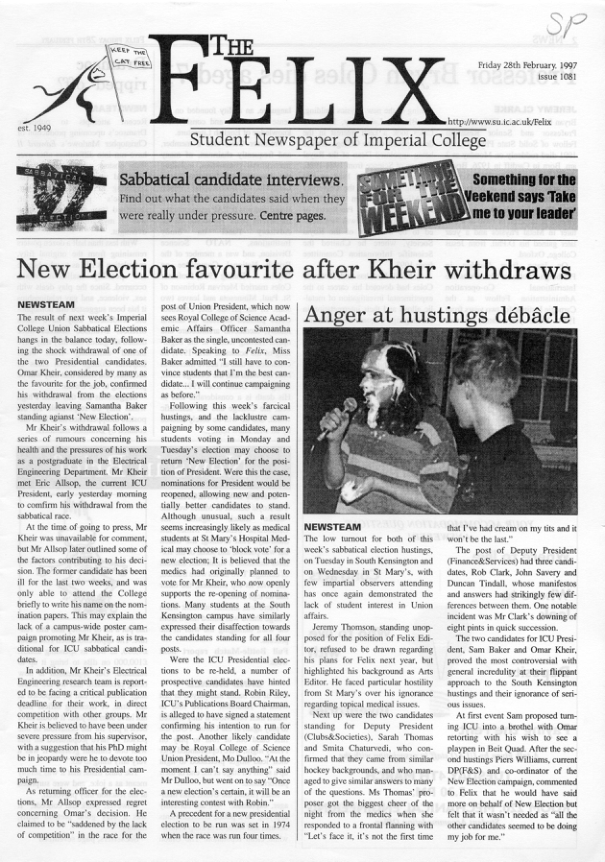Time Decimalisation
Can you spot the odd one out: 1000 millimetres in a metre, 1000 grammes in a kilo, 60 minutes in a hour? Have our units of time been rendered obsolete in the digital age? Is it time to synchronise watches world-wide, and opt for a global, metric, time scheme?
In an increasingly binary world, imperial weights and measures have given way to metres and kilograms, and we see pounds, shillings and pence as an antiquated relic of the older generation. One of the few things we do not calculate in base ten is time.
The Decimal Time Society (DTS) proposes a radical change. They have devised a system of ten day weeks made up of ten hour days. Of course, the revolutions of the earth about the sun, determine the length of the year, and the revolution of the earth about its own axis determines the length of a day. But these are the only two units based on any external logic. Why not have ten days in a week? The DTS suggest that a working week could operate on a five-day-on, five-day-off basis, with jobs being shared, so eliminating huge amounts of unemployment.
There is a slight hitch in this ambitious plan to change the world’s time, because 365 divides up into ten even less well than it does into seven. Instead of having an extra day every four years, there would be five or six spare days set aside annually for democratic purposes and elections. But totally changing the length of hours and weeks would have much wider ranging effects than simply altering our work patterns.
With a new chronology established, the DTS wants it to always be the same time, wherever you are on the planet. Time zones were created over one hundred years ago. Critics argue that working to different clocks leads to social and political divides. In China, although they should have five different time zones, the whole republic operates within one zone, to avoid internal divisions. The DTS would like to see this happen on a world scale. They are not suggesting that if you live on the opposite side of the world you would have to get up and go to work in the dark: it would just be that different countries would consider different hours as the normal working day. If you get up an hour after sunrise and go to bed four hours after sunset, it is fairly academic what you call the actual time. Whenever you communicated with someone from another country, you would have to simply add a line underneath your address stating your office hours, so that they wouldn’t ‘phone you while you were sleeping. There would be no more worrying about changing the clocks for summer and winter time, or fiddling with your watch every time you travel abroad. So the system does have some advantages, but is it more hassle than it’s worth?
What is the speed limit on a motorway? What is your resting heart rate? What frequency do you listen to Radio One on? The length of an hour, a minute, or a second determines all these things. It is difficult to imagine how we would learn to drive at 250 kilometres per "new" hour without causing traffic chaos. It is not a simple matter of conversion as it was from yard to metres. Our system of time is so integrated into our psyche that it is hard to comprehend the implications of changing it. It seems unlikely that there will ever be the temporal revolution the DTS is demanding. When they come up with an alternative to the "five minute tea break" perhaps then we will be able to take them seriously





